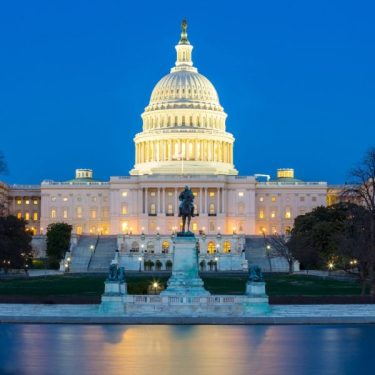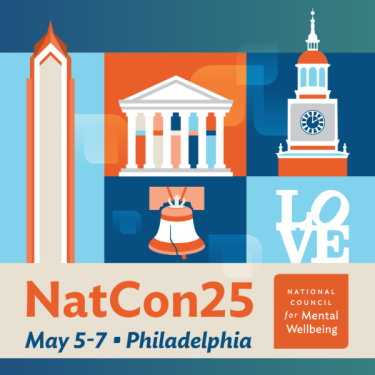Contact:
Sophia Majlessi
SophiaM@TheNationalCouncil.org
(202) 621-1631
Washington, D.C. (July 30, 2019) – The National Council for Mental Wellbeing today applauded Congress’s vote to extend the Certified Community Behavioral Health Clinic (CCBHC) program through September 13. “CCBHCs are on the front lines of our national efforts to curb the opioid epidemic and halt rising suicide rates,” President and CEO Chuck Ingoglia said. “CCBHCs are expanding access to addiction care and reducing overdose deaths and psychiatric hospitalization in their communities. They are also providing 24/7 crisis care along with support for law enforcement officers responding to people in crisis. CCBHCs have undoubtedly proved their success—and this much-needed extension will allow them to continue supporting Americans living with addiction and mental illness. We are grateful to Congress for once again recognizing the critical importance of this program and urge lawmakers to further extend this initiative when they return to it in the fall.”
About The National Council
Founded in 1969, the National Council for Mental Wellbeing is a membership organization that drives policy and social change on behalf of over 3,200 mental health and substance use treatment organizations and the more than 15 million children, adults and families they serve. We advocate for policies to ensure access to high-quality services. We build the capacity of mental health and substance use treatment organizations. And we promote greater understanding of mental wellbeing as a core component of comprehensive health and health care. Through our Mental Health First Aid (MHFA) program, we have trained more than 4 million people in the U.S. to identify, understand and respond to signs and symptoms of mental health and substance use challenges.



